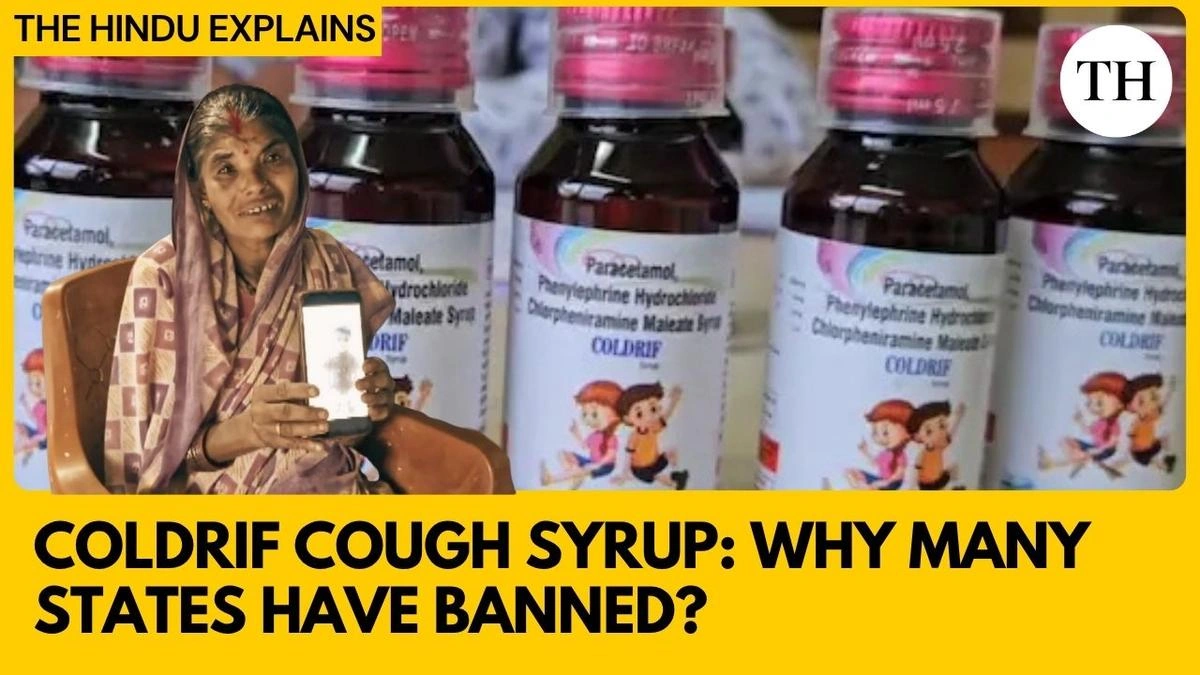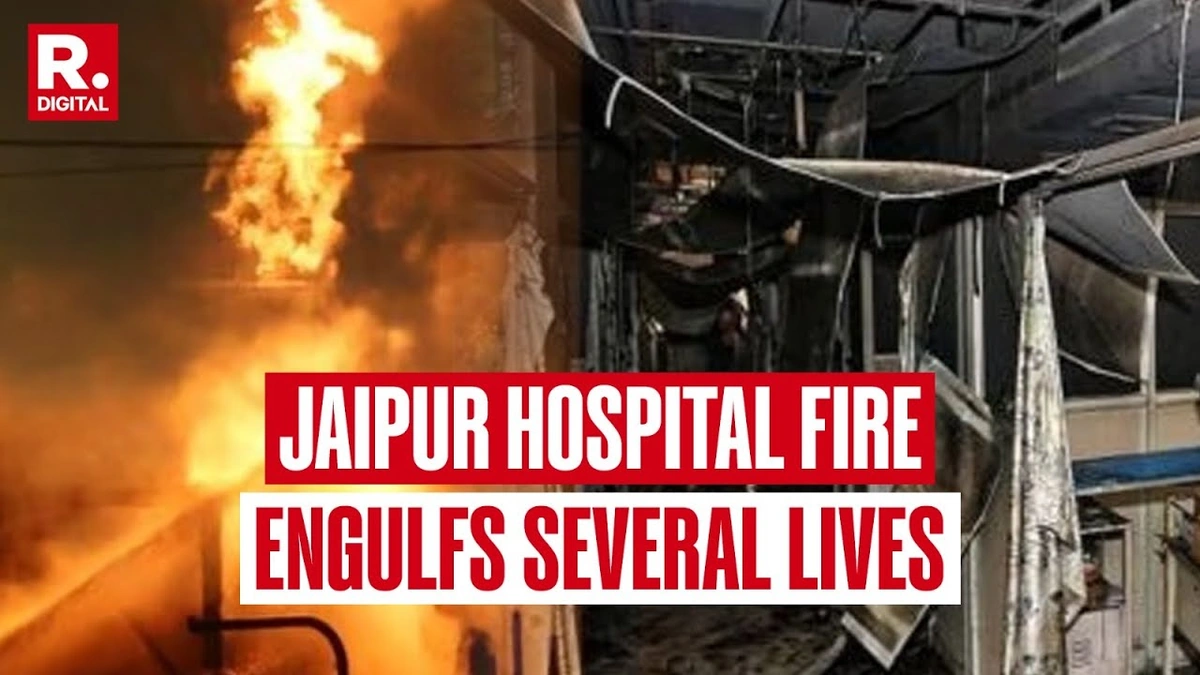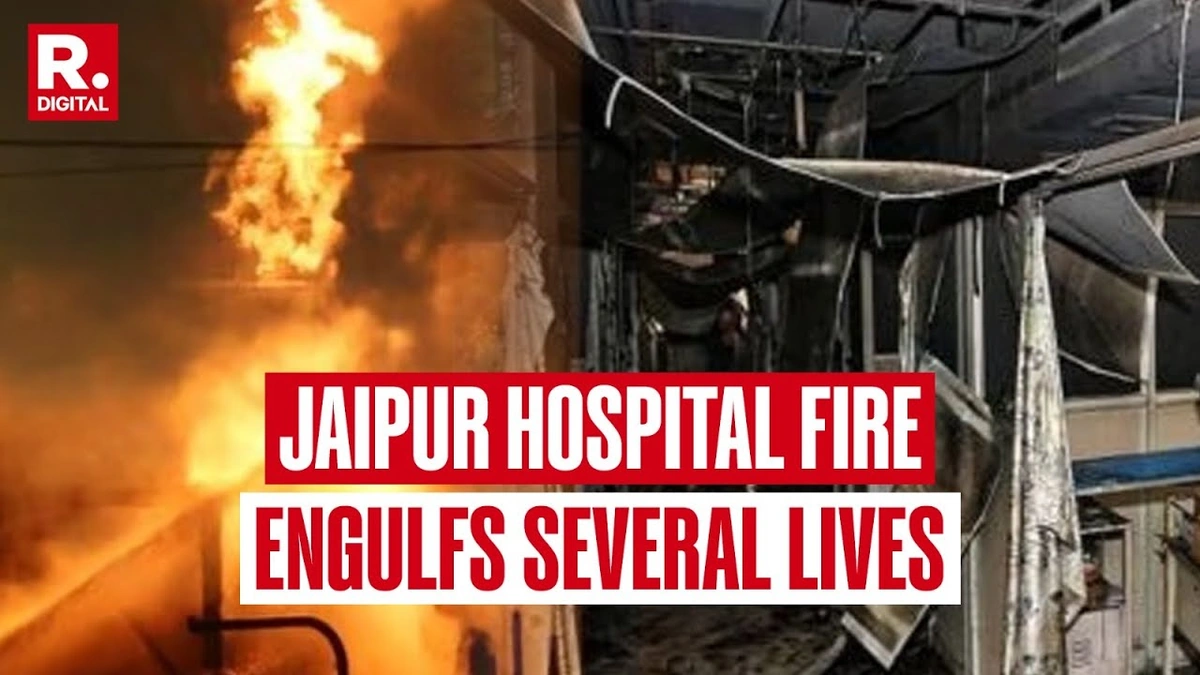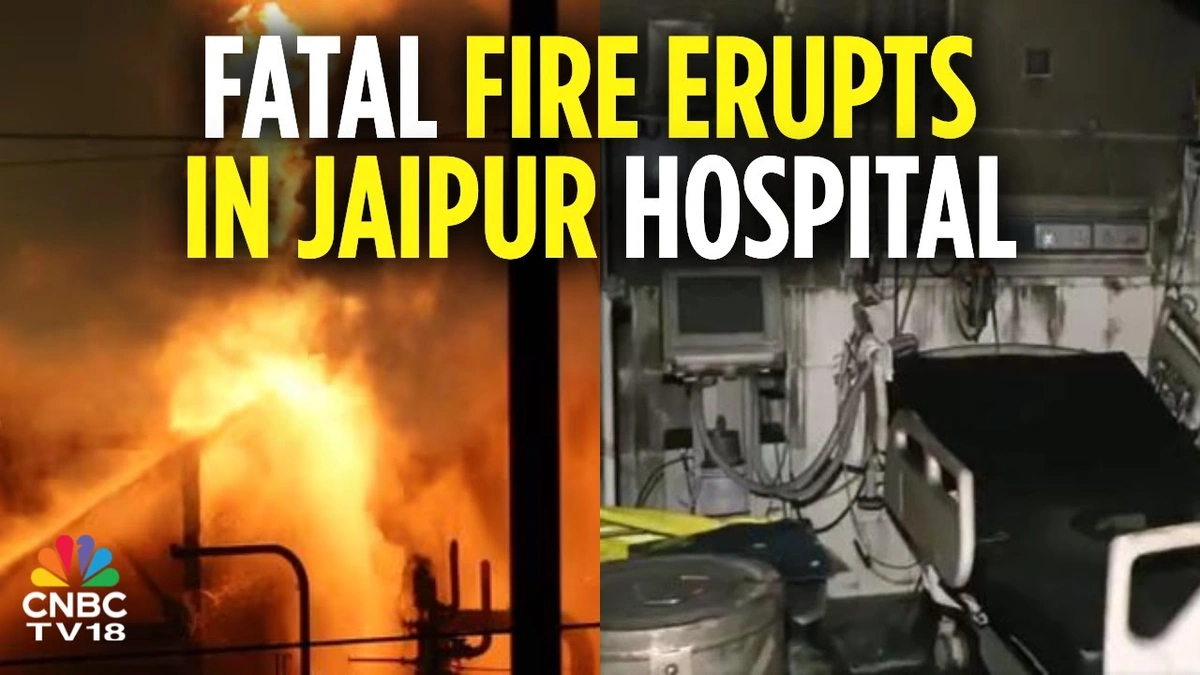Kerala Bans Products of Coldrif Cough Syrup Firm Following Child Deaths in MP
The news hit like a ton of bricks: Kerala has officially banned the products manufactured by Coldrif cough syrup firm. This decision comes in the wake of deeply disturbing reports of child deaths in Madhya Pradesh (MP) allegedly linked to the consumption of the syrup. But, let’s be honest, the headlines only scratch the surface. The real question is: Kerala Coldrif ban – why now, and what does it actually mean for Indian families?
The Unfolding Tragedy | A Timeline of Events

To truly understand the magnitude of this ban, we need to rewind a bit. The story begins with a series of unfortunate incidents in Madhya Pradesh, where several children tragically lost their lives. Initial investigations pointed towards a possible link between these deaths and the consumption of Coldrif cough syrup. Now, it’s crucial to understand that cough syrups, like any medication, need to adhere to strict quality control measures. Any deviation can have devastating consequences. This led to a flurry of activity, with health officials scrambling to ascertain the truth.
The Madhya Pradesh government initiated its own investigation, the findings of which were, to put it mildly, alarming. Traces of diethylene glycol – a toxic substance – were reportedly found in samples of the cough syrup. This is where things get serious. Diethylene glycol is not meant for human consumption and can cause severe health complications, especially in children. News reports indicated renal failure as a primary cause of death in the affected children. The implications were clear: swift and decisive action was needed.
Why Kerala’s Ban is a Game Changer
So, why is Kerala’s decision to ban Coldrif products so significant? Well, it’s not just about one state taking action; it’s about setting a precedent. The Kerala drug ban signifies a broader commitment to public safety and rigorous enforcement of pharmaceutical standards. It sends a strong message to manufacturers that negligence and lapses in quality control will not be tolerated. Let’s be clear, this is not simply a knee-jerk reaction; it reflects a proactive approach to safeguarding the health of its citizens. The impact of adulterated drugs can be devastating. It’s a matter of life and death.
But, there’s more to it than meets the eye. Kerala, known for its high literacy rate and proactive healthcare policies, often sets the standard for other states in India. This ban will likely create a ripple effect, prompting other states to re-evaluate their own quality control measures and potentially follow suit. It could also lead to stricter regulations and more frequent inspections of pharmaceutical manufacturing facilities across the country. A common mistake I see people make is underestimating the power of state-level actions in influencing national policy.
The Coldrif Controversy | What’s Next?
What fascinates me is how this situation will unfold. The immediate impact is clear: Coldrif products will be pulled from shelves across Kerala. But the long-term consequences are far more complex. The company faces a potential PR nightmare, and its reputation is undoubtedly tarnished. Consumers, understandably, will be wary of purchasing any product manufactured by the firm. It’s a crisis of confidence that could take years to overcome. Let’s not forget the families who have suffered unimaginable loss. Their quest for justice and accountability will continue.
And here’s the thing – this incident shines a harsh light on the gaps in India’s pharmaceutical regulatory system. While the country has made significant strides in drug manufacturing, ensuring consistent quality control remains a challenge. This tragedy underscores the urgent need for stricter enforcement, more transparent monitoring, and harsher penalties for those who compromise public safety. Regulations and their enforcement need constant vigilance.
Navigating the Aftermath | What You Need to Know
If you’re a parent, a caregiver, or simply someone concerned about your health, here’s what you need to do: First and foremost, check your medicine cabinet. If you have any Coldrif products, dispose of them immediately. Consult your doctor if you have any concerns about potential side effects or health complications. Stay informed about the latest developments in this case and follow the advice of health officials. The key is to be proactive and prioritize your well-being.
This situation also highlights the importance of sourcing medications from reputable pharmacies and being wary of counterfeit or substandard drugs. Always check the expiry date and packaging of any medication before consumption. When in doubt, consult your pharmacist or doctor. Remember, your health is your most valuable asset, and it’s worth taking the extra precautions. Let me rephrase that for clarity: Trust your instincts, ask questions, and don’t hesitate to seek professional advice.
Here’s the final, powerful insight: This is more than just a news story; it’s a wake-up call. It’s a reminder that we must hold pharmaceutical companies accountable for the quality and safety of their products. It’s a call for stricter regulations, more transparent monitoring, and a greater emphasis on public health. The health and safety of our children depend on it. This also impacts economic aspects of the country.
FAQ Section
Frequently Asked Questions
What specific Coldrif products are banned in Kerala?
The ban applies to all products manufactured by the Coldrif cough syrup firm. Check with local pharmacies or health officials for a complete list.
How can I identify a genuine versus a counterfeit cough syrup?
Always purchase medicines from licensed pharmacies, check for proper labeling, expiry dates, and intact packaging. If something seems off, consult your pharmacist.
What are the symptoms of diethylene glycol poisoning?
Symptoms can include nausea, vomiting, abdominal pain, kidney problems, and neurological issues. Seek immediate medical attention if you suspect poisoning.
What if I have already consumed a Coldrif product?
Consult your doctor immediately, especially if you experience any unusual symptoms. Early detection and treatment are crucial.
Where can I find reliable information about drug safety in India?
Refer to the Drug Controller General of India (DCGI) website and official government health portals for accurate and updated information.
Is there any compensation for the families affected by the child deaths?
Compensation and legal recourse are complex issues that are currently being addressed by the relevant authorities. Seek legal advice for specific guidance.













